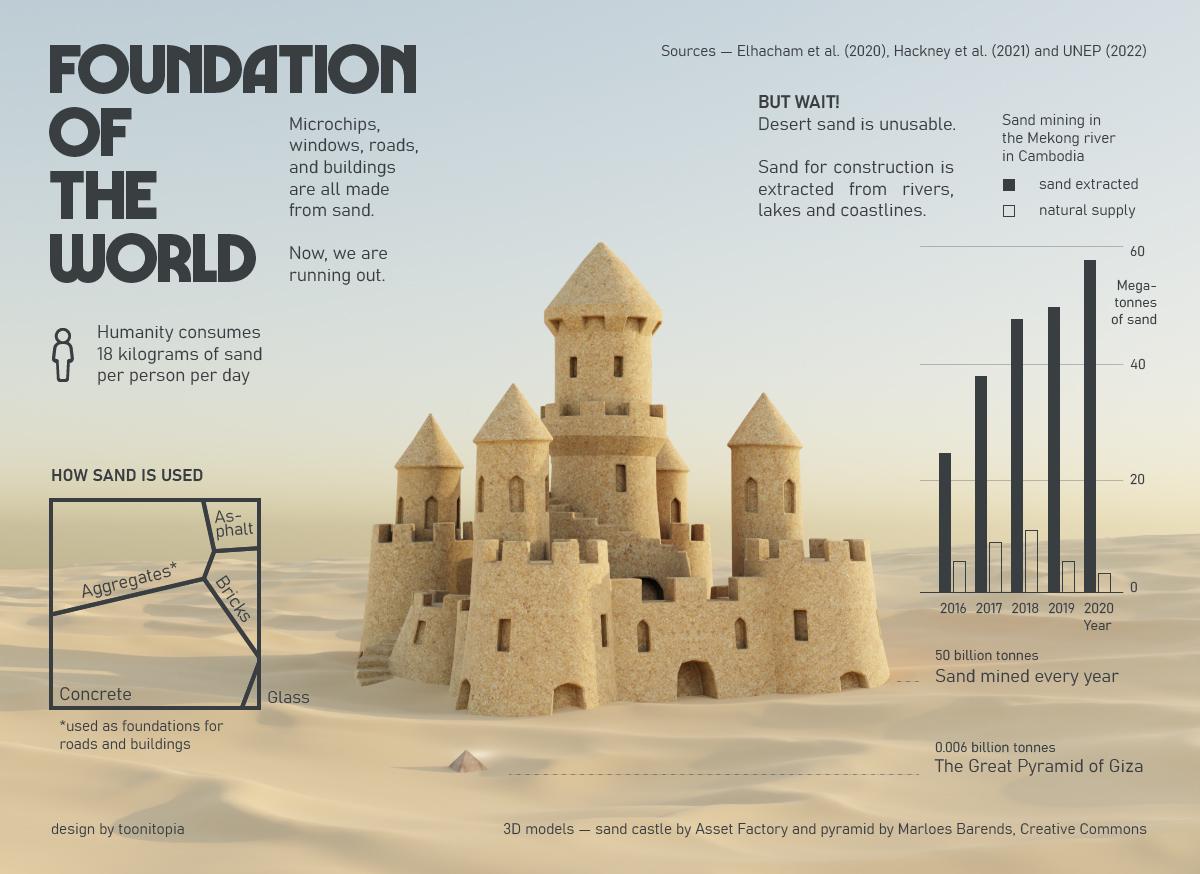this post was submitted on 26 Jul 2024
108 points (99.1% liked)
Data is Beautiful
1294 readers
1 users here now
Be respectful
founded 6 months ago
MODERATORS
you are viewing a single comment's thread
view the rest of the comments
view the rest of the comments

Since I started following a low-sand diet I now consume at most a few spoonfuls per day (mostly during breakfast). Every little thing counts.
Since the graphic claims microchips are made out of "sand", I will call silica "sand". To get a spoon full of "sand", some random internet sources suggests that it would weigh about 33g, and apparently oats is quite dense in "sand", so youd need about 176 kg of oats, or about 27,000 spoonfulls of oats to satisfy your diet of "sand". Impressive!
(Or maybe you just eat it raw as a anti-caking agent?)
anything but the metric system
I was using a metric tablespoon for my calculations (15ml)
using volumes for dry powders is unacceptable
It’s okayish if they’re really dry.
But for small amounts, particle size and container shape can have an effect, no?
Container shape is important for small amounts and error from particle size scales linearly with the amount.
If we’re talking cooking flours, particle size tends to be somewhat uniform, and container shape don’t make much of a difference, humidity being the heavy hitter when it comes to density variation.
Best thing to make out of sand is triangles or hexagons that can perform collaborative energy transactions, like bees.